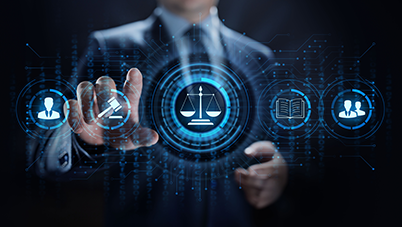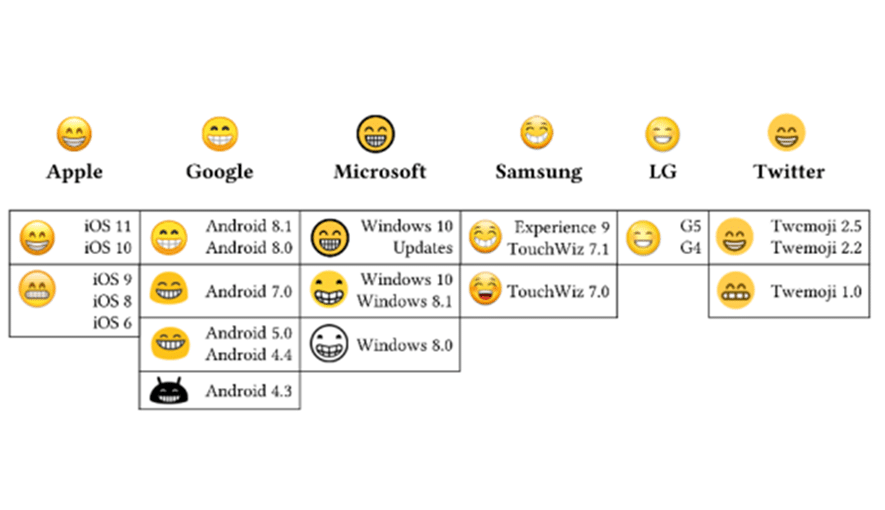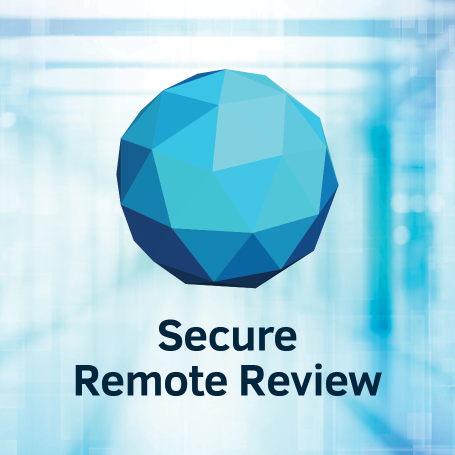Blog
December 14, 2022

One consistent message that seems to resonate from legislature to legislature across the world is the recognition of the fact that data - especially personal data - is both a weapon and a vulnerability, and in the quickly-evolving digital landscape of today the task of safeguarding it effectively becomes more and more difficult. The Australian legislature seeks to update its current privacy laws, which are based on both the original 1988 Privacy Act, and its later update from 2000, to reflect the rapid technological advancements that took place in the early 21st century in data collection, data storage and data analysis.
August 28, 2020

If there was ever a single eDiscovery trend that everyone could agree on, it would without a doubt be the fact that data volumes in litigation grow year to year without fail.
October 20, 2021

The U.S. Federal Trade Commission (FTC) and the European Commission (EC) have issued guidance and opinions on AI. This guidance provides insight into how organizations can mitigate concerns and prepare for the future when using AI.
March 28, 2024

The concept of infusing Artificial Intelligence into legal technology solutions started at the onset of the digital age, around the time when smartphones became widely available and AI began to be practically applied to optimize user experiences based on prior user behavior. Brands that rushed to develop and incorporate AI into their products and services included global flagship companies such as Amazon (Alexa), Apple (Siri), and subscription-based organizations, Netflix and Spotify, that began to feature the ability to provide AI-based recommendations to users.
December 6, 2022

Technology Assisted Review (often shortened to TAR) has been making inroads in most major litigation markets. The progress hasn't been as speedy as some would have liked, perhaps, but law is a cautious and conservative field and even technological advancements that promise to herald a new era of efficiency in legal discovery and document review must wait until sufficient precedent has been accumulated by those daring justices and judges who are willing to give technology a chance.
October 10, 2017

Cross-border investigations and litigation are not a new business for U.S. legal teams, and they have never been easy, especially in countries with stringent…
September 12, 2023

Emoji usage has grown significantly over the past few years since emoji characters provide people with the ability to express themselves in a clear and efficient way. These small, emotive characters—from ☂️to 😂 to 🤷 – represent the first language borne of the digital world that was originally designed to add emotional nuance to otherwise flat text.
April 19, 2022

On April 4, the DOJ Antitrust Division announced an update to their leniency policy and issued a revised set of frequently asked questions (FAQ).
April 5, 2024

Many legal professionals are proficiently familiar with the discovery portion of matters since this work, which involves collecting and managing hundreds of gigabytes, sometimes terabytes, of data, can be quite arduous and require tight collaborative support from highly organized eDiscovery specialists. In comparison, however, the equally critical process of preparing for trial that lawyers manage upon filing a case is not as universally known to the eDiscovery community since these tasks and workflows are typically administered and overseen by different legal case teams.
April 3, 2020

By leveraging Google Cloud’s secure environment, FRONTEO’s Managed Review offering has quickly and efficiently adapted to these challenging times by allowing document review on…
January 20, 2021

Technology Assisted Review (TAR) is now considered an essential tool in eDiscovery. Its popularity is, of course, closely tied to the increasing amounts of data used in litigation, especially when contrasted with the time, accuracy and cost of manual review.
February 24, 2023

Bring Your Own Device (BYOD) programs remain both a major opportunity and challenge for enterprises. It is possible to capitalize on the benefits of BYOD without adding significant risk by following the right approach to identifying BYOD risk and developing an effective BYOD policy.
August 5, 2020

COVID-19 has changed the pattern of peoples’ lives worldwide, and it has faced the legal profession with its own unique set of challenges. Not only must the justice system…
September 15, 2021

Antitrust against GAFA expected to continue in Biden administration (DOJ probes and lawsuits into GAFA)
December 10, 2021

Cloud Computing, or the ability to use software and data storage over the internet rather than on a local physical device, has greatly increased over the past several years, skyrocketed during the pandemic, and is predicted to continue growing into 2022.
October 12, 2023

In this blog, we will discuss a few key challenges associated with handling audio and video files, cover best practices, and provide an overview of currently available solutions to help overcome nuances with these unstructured data types.
